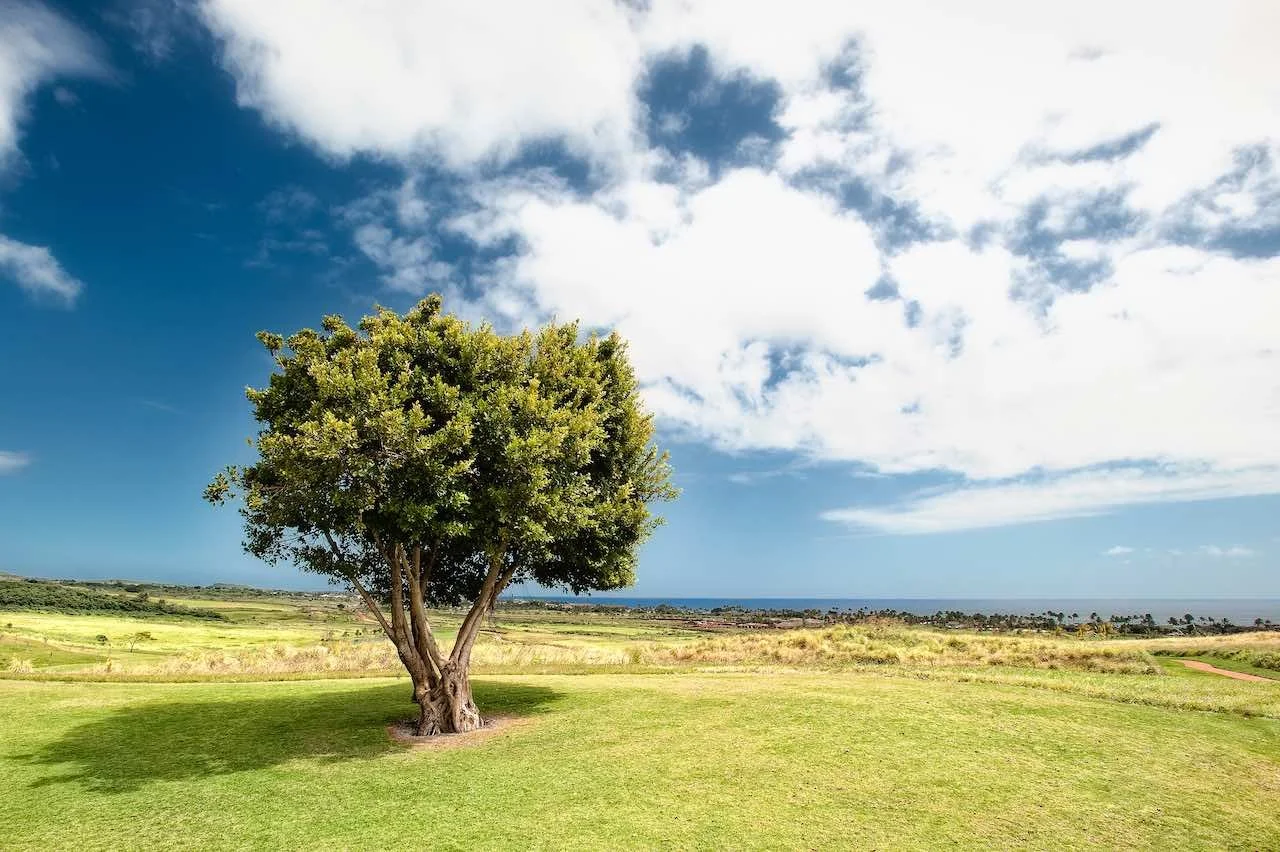Off Grid Living Michigan A Practical Guide
Off grid living Michigan presents a unique challenge and opportunity. This guide delves into the realities of establishing a self-sufficient lifestyle in the Great Lakes State, navigating legal complexities, land suitability, infrastructure development, sustainable practices, and the social and financial implications. From understanding Michigan’s zoning regulations to mastering off-grid water and energy systems, we explore the crucial aspects of successfully embracing this alternative way of life.
We examine the diverse landscapes of Michigan, highlighting regions best suited for off-grid living and the environmental considerations involved. This includes detailed plans for essential infrastructure, such as water systems, renewable energy solutions, and waste management strategies tailored to the Michigan climate. The article also addresses the social dynamics of off-grid communities, financial planning, and the crucial role of resource management in creating a sustainable and thriving off-grid existence.
Legalities of Off-Grid Living in Michigan
Navigating the legal landscape of off-grid living in Michigan requires careful planning and understanding of various regulations. While the state doesn’t explicitly prohibit off-grid living, success hinges on compliance with local zoning ordinances, building codes, and environmental regulations. This information should be considered for guidance only, and consultation with legal and local authorities is strongly recommended before undertaking any off-grid project.
Zoning Regulations and Building Codes, Off grid living michigan
Michigan’s zoning regulations are primarily determined at the county and township level, resulting in significant variations across the state. Many rural areas have less stringent regulations than urban or suburban counterparts. However, even in rural areas, regulations exist concerning setbacks from property lines, minimum lot sizes, and permitted uses of land. Building codes, enforced at the local level, address structural integrity, safety, and sanitation aspects of any dwelling, including off-grid homes.
These codes often require inspections at various stages of construction, even for structures without traditional utilities connections. Failure to comply with these regulations can result in fines, stop-work orders, and even demolition.
Permitting Process for Off-Grid Homes
The permitting process for constructing off-grid homes varies significantly across Michigan’s 83 counties. Some counties may have streamlined processes for smaller, simpler structures, while others may require extensive documentation and multiple approvals. Generally, permits are required for well construction, septic systems, and any structural work. Applicants should anticipate submitting detailed plans, including water and waste management systems, to the local building department.
The specific requirements will depend on the county, township, and the scale of the project. Delays are common, so proactive planning and early engagement with local authorities are crucial.
Legal Implications of Water Rights and Well Usage
Water rights in Michigan are complex and governed by both state and local regulations. Obtaining a permit for a well is typically required, and the permitted water usage may be limited based on factors such as aquifer capacity and environmental protection. Regulations concerning well construction and testing are also in place to ensure safe and sustainable water extraction.
Improper well construction or excessive water usage can lead to legal consequences, including fines and orders to cease water extraction. Understanding these regulations is paramount for responsible and legal off-grid water management.
Examples of Successful Navigation of Legal Hurdles
Successfully navigating the legal aspects of off-grid living often involves meticulous research, proactive communication with local authorities, and a willingness to adapt plans based on regulatory requirements. For example, some individuals have successfully obtained permits by working closely with county building inspectors, providing detailed plans that address all relevant codes and regulations. Others have found success by focusing on smaller, simpler structures that fall under less stringent regulations.
In some cases, individuals have collaborated with neighbors or community groups to advocate for more flexible zoning ordinances that accommodate off-grid lifestyles. These successful examples highlight the importance of collaboration and adaptability.
Do not overlook explore the latest data about off grid living with jake and nicole.
| County | Zoning Regulations | Permitting Process | Water Rights Information |
|---|---|---|---|
| Example County A (Hypothetical) | Minimum lot size: 5 acres; Setbacks: 50ft from property lines; Permitted uses: Residential, agricultural | Requires building permits for all structures; Well permits required; Septic system permits required; Inspections at various stages of construction | Well permits issued by the County Health Department; Water usage limited based on aquifer capacity; Regular well testing required |
| Example County B (Hypothetical) | Minimum lot size: 10 acres; Setbacks: 75ft from property lines; Permitted uses: Residential, agricultural, limited commercial | Similar to County A, but with potentially stricter requirements for larger structures. May require environmental impact assessments. | Well permits issued by the state; More stringent regulations on water usage due to sensitive aquifer; Mandatory water conservation measures. |
Sustainable Practices and Resource Management

Off-grid living in Michigan necessitates a deep commitment to sustainable practices. Minimizing environmental impact, conserving resources, and responsibly managing waste are not merely optional choices but fundamental requirements for successful and ethical off-grid existence. The harsh Michigan climate and the state’s diverse ecosystems demand careful consideration of resource utilization and environmental stewardship.
Water Conservation in Off-Grid Michigan
Water is a precious resource, especially in a region that experiences both harsh winters and periods of drought. Effective water conservation strategies are crucial for off-grid survival and sustainability. These strategies include collecting rainwater using appropriately sized and strategically placed collection systems, such as rain barrels or larger cisterns. Greywater recycling systems, which reuse water from showers and sinks for irrigation, can significantly reduce reliance on fresh water sources.
Low-flow showerheads and toilets further contribute to conservation efforts. Efficient irrigation techniques, like drip irrigation, minimize water loss through evaporation. Regular maintenance of all water systems is paramount to prevent leaks and ensure optimal performance. Monitoring water usage and adjusting practices based on need and availability is key to long-term water security.
Community and Social Aspects: Off Grid Living Michigan

Embracing an off-grid lifestyle in Michigan’s vast wilderness presents a unique blend of challenges and rewards, significantly shaped by the social dynamics of remote living. The degree of isolation, the availability of community support, and the ability to maintain social connections all play crucial roles in the success of such a venture.The transition to off-grid living necessitates a high degree of self-reliance, but it also underscores the importance of community support.
While self-sufficiency in food production, energy generation, and waste management is paramount, access to shared resources, collaborative problem-solving, and mutual aid can significantly mitigate the challenges inherent in remote living. A strong sense of community can be the difference between thriving and struggling in an isolated environment.
Challenges and Rewards of Remote Off-Grid Communities
Life in a remote, off-grid Michigan community presents a distinct set of challenges and rewards. The isolation can be both a source of peace and quiet and a contributor to feelings of loneliness. Access to healthcare, education, and other essential services might be limited, requiring significant planning and preparation. Conversely, the rewards include a deep connection with nature, a slower pace of life, and the satisfaction of self-sufficiency.
The strong bonds forged within close-knit communities offer unparalleled support and resilience. This contrasts sharply with the demands and stresses of urban life. Successfully navigating these contrasts requires careful consideration and planning.
Self-Sufficiency and Community Support in Off-Grid Living
Self-sufficiency is the cornerstone of successful off-grid living. This involves the ability to produce one’s own food, generate renewable energy, manage water resources, and handle waste responsibly. However, complete self-reliance is unrealistic and often unsustainable. Community support plays a vital role in supplementing individual efforts. Sharing skills, resources, and knowledge strengthens resilience and fosters a sense of belonging.
Cooperative projects, such as shared tool libraries, communal gardens, or collective purchasing of supplies, can significantly enhance the quality of life and reduce the individual burden of off-grid living. The collaborative spirit within these communities creates a powerful safety net.
Resources for Transitioning to Off-Grid Living in Michigan
Several resources are available to assist individuals transitioning to an off-grid lifestyle in Michigan. Workshops and seminars offered by organizations focusing on sustainable living and homesteading provide valuable practical skills and knowledge. Online forums and communities connect individuals with experienced off-grid practitioners, facilitating the sharing of best practices and troubleshooting challenges. State and local government agencies may offer resources related to land management, permitting, and environmental regulations.
Networking with established off-grid communities can provide invaluable mentorship and support during the transition. Careful research and engagement with these resources are crucial for a successful transition.
Examples of Successful Off-Grid Communities in Michigan
While detailed information on specific, named off-grid communities in Michigan is often kept private for reasons of security and privacy, the general principles of success can be illustrated. Successful off-grid communities in Michigan, like those found elsewhere, tend to share several common characteristics.
- Strong social cohesion: Members actively participate in community events and support each other.
- Shared resources and skills: Communities often pool resources and skills to overcome challenges related to infrastructure and maintenance.
- Respect for the environment: Sustainable practices are integral to their lifestyle, ensuring the long-term viability of the community and its resources.
- Adaptability and resilience: Successful communities demonstrate the ability to adapt to changing circumstances and overcome unforeseen challenges.
These characteristics highlight the importance of collaborative efforts and a commitment to shared values in building thriving off-grid communities. The absence of these elements can significantly increase the difficulty and decrease the likelihood of long-term success.
Embarking on off-grid living in Michigan requires meticulous planning, resourcefulness, and a deep understanding of the state’s unique environment and regulations. While challenges exist, the rewards—self-sufficiency, connection with nature, and a unique lifestyle—can be substantial. This guide provides a comprehensive starting point, empowering individuals to make informed decisions and navigate the journey towards a successful and sustainable off-grid existence in the heart of Michigan.






